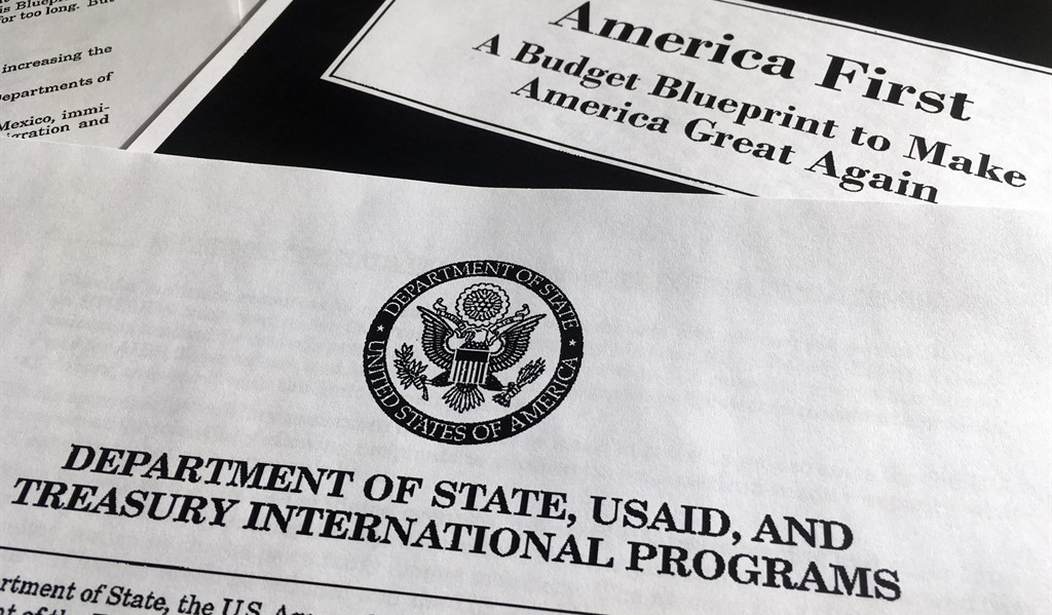I missed my calling. I am working for an independent journalism site, but I should have been working for an "Independent" site.
The difference is subtle: one, Salem Media, has been targeted for destruction by the US government through censorship organizations; the other type of "Independent" site is directly funded by the US government through USAID.
USAID was funding over 6,200 journalists across 707 media outlets and 279 "media" NGOs, including nine out of ten media outlets in Ukraine.https://t.co/tLUoBT2GfNhttps://t.co/Siq2RJOXQf pic.twitter.com/LyaUFuq3He
— WikiLeaks (@wikileaks) February 6, 2025
Reporters Without Borders is very upset that US funding is drying up for 'Independent Journalists™" around the world--9 out of 10 news organizations in Ukraine, for instance, are propped up by your tax dollars. Nothing says "independent" like "paid for the the US government," after all.
I wonder how many "journalists" in Gaza are paid for with our tax dollars?
Since the new American president announced the freeze of U.S. foreign aid, USAID (United States Agency for International Development) has been in turmoil: its website is inaccessible, its X account has been suspended, the agency's headquarters was closed and employees told to stay home. Elon Musk, whom Trump chose to lead the quasi-official Department of Government Efficiency, called USAID a “criminal organization” and said, “We’re shutting down.” Later that day, Secretary of State Marco Rubio announced that he was named acting director of the agency, suggesting its operations were being moved to the State Department.
Almost immediately after the freeze went into effect, journalistic organizations around the world that receive American aid funding started reaching out to RSF expressing confusion, chaos, and uncertainty. The affected organizations include large international NGOs that support independent media like the International Fund for Public Interest Media and smaller, individual media outlets serving audiences living under repressive conditions in countries like Iran and Russia.
Every time you hear "NGOs" know that what is really meant is "government-funded organization" that does things the the goverrnment can't or that it wants to be deniable.
USAID programs support independent media in more than 30 countries, but it is difficult to assess the full extent of the harm done to the global media. Many organizations are hesitant to draw attention for fear of risking long-term funding or coming under political attacks. According to a USAID fact sheet which has since been taken offline, in 2023, the agency funded training and support for 6,200 journalists, assisted 707 non-state news outlets, and supported 279 media-sector civil society organizations dedicated to strengthening independent media. The 2025 foreign aid budget included $268,376,000 allocated by Congress to support “independent media and the free flow of information.”
All over the world, media outlets and organizations have had to halt some of their activities overnight. "We have articles scheduled until the end of January, but after that, if we haven’t found solutions, we won’t be able to publish anymore," explains a journalist from a Belarusian exiled media outlet who wished to remain anonymous.
Does anybody really believe that these journalists are "independent?" C'mon. The government doesn't spend hundreds of millions of dollars a year without influencing what is being written.
It is likely that some, or even much, of what the journalists do is perfectly justifiable or, at the very least, consistent with US government policies. But it is almost certain that a lot of what goes out there under the guise of "Independent Journalism™" is US propaganda or directly used as a tool to push regime change.
In Ukraine, where 9 out of 10* outlets rely on subsidies and USAID is the primary donor, several local media have already announced the suspension of their activities and are searching for alternative solutions. "At Slidstvo.Info, 80% of our budget is affected," says Anna Babinets, CEO and co-founder of this independent investigative media outlet based in Kyiv.
The risk of this suspension is that it could open the door to other sources of funding that may seek to alter the editorial line and independence of these media. "Some media might be shut down or bought by businessmen or oligarchs. I think Russian money will enter the market. And government propaganda will, of course, intensify," Babinets says. RSF has already witnessed the direct effects of such propaganda: a fabricated video, falsely branded with our organization’s logo, claimed we welcomed the suspension of USAID funding for Ukrainian media — a stance RSF has never endorsed. This is not the first instance of such disinformation.
Everybody knows that governments do propaganda as a matter of course, but we tend to think in terms of direct government communications and spin, not outright purchasing journalists and pushing questionable stories that get picked up in the United States. Whether USAID pushed the story or not--Ed is inclined to think not--a USAID-funded "news" outlet started the ball rolling on the first Trump impeachment.
That's a very bad look, at the very least.
Most people think USAID is all about feeding starving children, not paying for news to be written or LGBTQ promotion in Uganda or Guatemala. And that is how it should be.








Join the conversation as a VIP Member